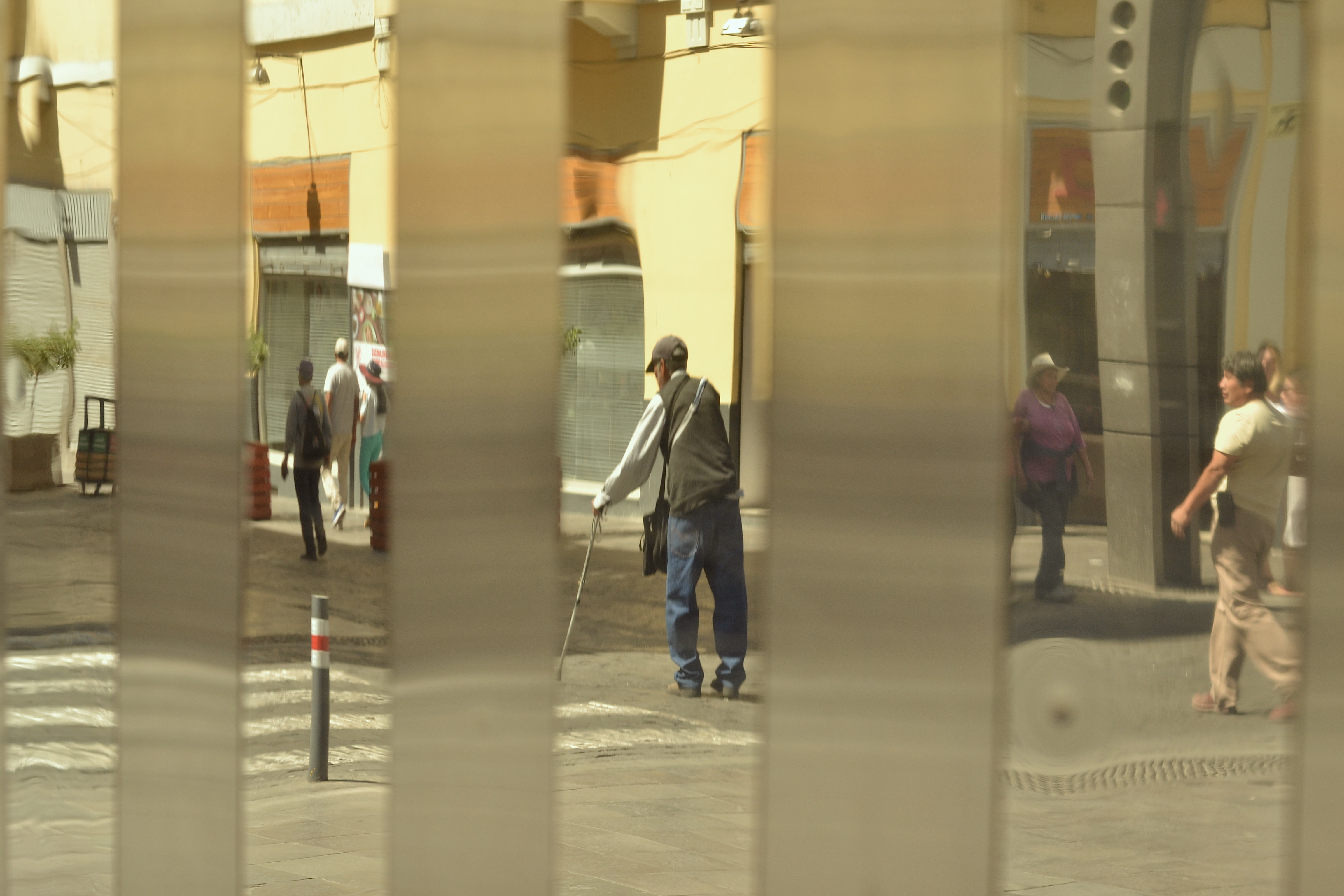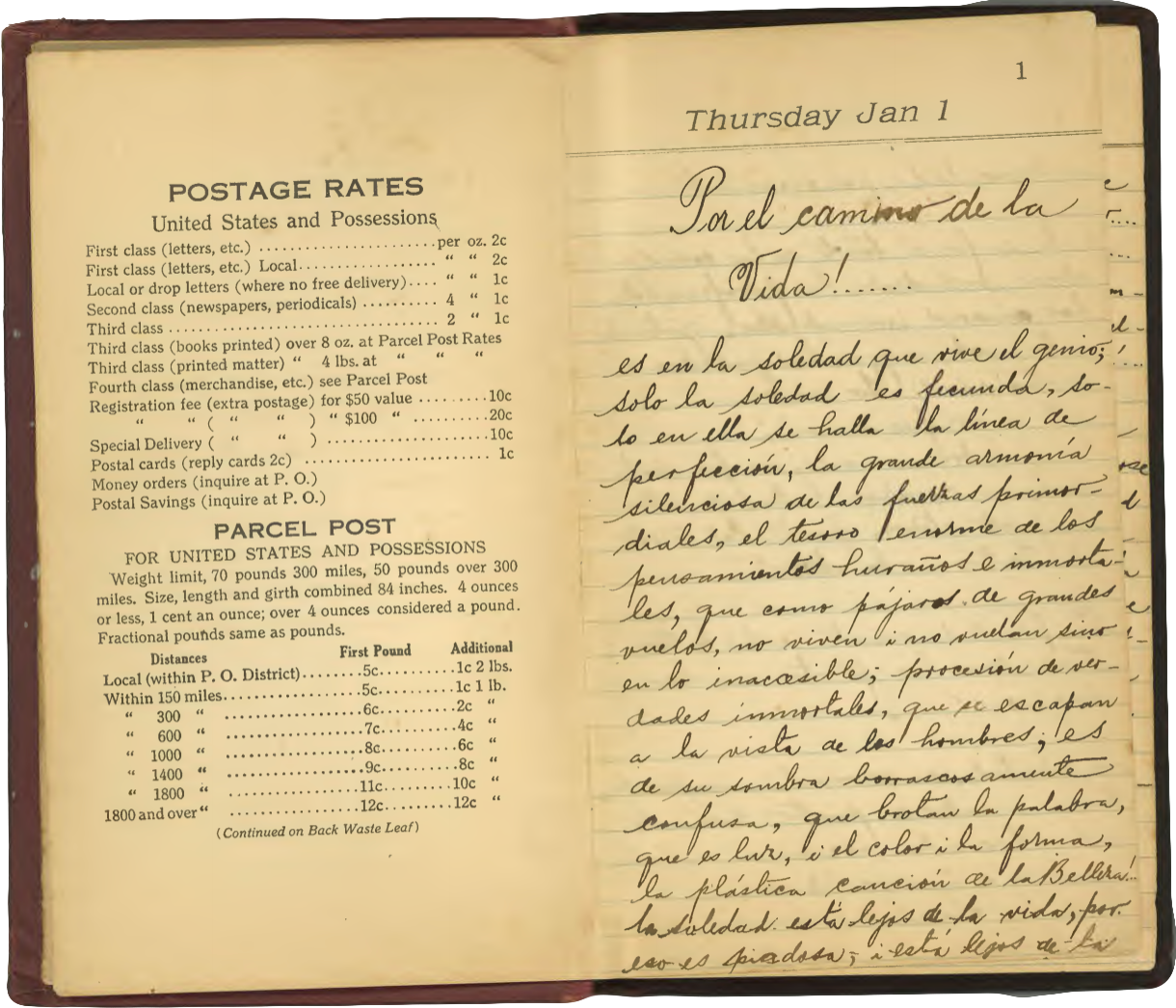WAVV
When I was born, my guts fell onto the hospital bed. Then my arms dropped out and rolled to a mangled halt on the raw tile floor. My legs slipped forth one at a time, and my torso spit out like a rogue crumb of bone from a mouth full of curry. My head, a vacant sugar cube, cropping out of a frail and pre-useful neck, screeched out with trembling will, lips first, eyelids pulled to the back until it all snapped into the room. In a heap on the floor, I picked myself up, feeling the nurses breathing down my neck. The nurses were waiting with arms crossed at the sink for me to clock in and enter the water. And so, I was thrown overboard, working out the physics of swimming during the vast few seconds before the air sold me to the water. My body to sank below the surface and floated back up in increasingly slow motion. I shook my bones and willed my legs to split into the first kick.
In the ocean, there are plenty of boats. There are plenty of sailors who like my company, and our conversation pumps into my raisined fingers and toes so that they paddle water in clean strokes again. But the boats have to continue towards harbors where my sailor friends collect their payments, which they use for different rituals, which are not my business. Though I sometimes wonder how I might go about making them my business. If I had to lodge myself in one of their boats and dock on some foreign coast, I would think about the hole I left in the surface of the sea and about the salt that now weeps from the dried out cracks in my head like dandruff, on which no well-mannered person would comment, even behind my back .
I can’t feel the rain if I stay in the ocean. But I can think about it, and I can puff out sympathy for my sailors, whom I imagine swiftly bolting the hatches or devoutly tying knots or moving cargo below deck, with blades of soft, dripping hair plastered to their sweating foreheads. Hair that is as limp as mine, but that is set more or less in place. My hair trails behind my head, reminding me where I was in the immediate past and that I am no longer there now.
When I was born, the doctor lit a candle between my mother’s legs in my loving memory and for all my achievements to come. I watched the wax pool and harden, but I resisted the temptation to coat my fingertips in the warm substance, even though it could have been a precautionary step towards my raisining. What I really desired was for the doctor to turn on the lights and tell me why he had to hurry home within the next hour to give his terrier half a powdery pill wrapped in cheese. If I could have told him that my dog, too, was on medication for over a year before she made the Irish exit that all dogs do, I would not have had to observe how time jerks and slides along the sides of a burning candle.
I saw a snake on the ground and
snakes disgust people
like God but snakes are so considerate
for sliding around their topographies instead of plowing through them.
A snake moves like water that can contain itself.
A snake has an outer border,
and its interior is pleasingly repetitious and continuous.
When a snake moves down the earth, beneath the dirt, the dirt falls back into place behind the flicking tail.
The sailor says ee az n old memory of a snake tha was een iz shoe when ee put eet on een the mornin. The snake woke up weeth a fraueeght as one ken eemageen. Ee got chomped on the big toe, raightfully so. Ee could feel the venom leakin up raight aweiy eento iz ankle n iz calf. Ee couldn’ beeleef all tha poison ad ben een tha sleepin snake all naight, not deesturbin eet none, not geevin eet naightmeers. Ee ad ter get iz toe sucked clean by the bosun, who appin ter be walkin by iz cabin at tha momen. Ee said ee owes iz life ter the old bosun, who don’ come out weeth iz crew as of faive yers praier but iz eyes were fixt on the oroizon when ee said this. It was so cold.
I notice how the sailors sit resting their forearms on their thighs. They hunch solidly over their wooden tripod of legs and a barrel. I remember that this is one of my favorite sitting positions, as no body parts fall asleep from interrupted blood flow, and the only strain one feels is in the half collapsed spine. It is always harmless for me to adopt their postures while we fill the salty air with sweet and smoky laughter, considering that when I pour back into the water, my joints will shift and settle as faint currents suggest.
The fastest part of the day is when the sun sets, leaving me and the boats in the blue sandwich, as it goes to glow in the underbelly of the sea. Even the sun gets sick of the heat, which is why it drops so suddenly, as if it is realizing that it will suffocate soon if it does not plunge itself underwater. But it is the speed of its descent that holds me in anticipation of the next day. The speed always takes me by surprise, and if I hear a boat slapping waves behind me, I call out to the sailors about the time of day so that we can add words to this hot and wet miracle. But on many days, the boats are somewhere else at this time. Then, I do not say anything about the sunset, but I feel the heat drain from my ocean skin.
The ocean has cliff edges that are rough and violent. The ocean has beach edges that are gentle and slow. I can feel the ripples that travel to me from all these edges. The cliffs push my soggy legs back and the beaches hold my hands. The currents communicate with me in rhythms and temperatures. They talk to me more than the creatures, who just swim past me, stealing my human faces as they skate by. I feel the liquid threads flossing my body, smearing tracks of their trajectories onto my skin. Above my collar of surface tension, the air deafens my ears. It whines and whistles at frequencies faster than I can comprehend. The sound eludes me. It was silent when I was born.
The day of my birth was the first day I had, and all the rest after that have been out of order. But my mother was told that she was out of order, despite the midwife’s persistent insertion of a bill. It was the same midwife who had delivered my brother, and my mother had whittled a friendship out of the momentous experience of her labor.
When I was a young girl, my mother told me not to trust expiration dates, the reason being that a pack of frozen baby shrimp was just as not-fresh yesterday as it is today. I understood, but I could never bring myself to eat something beyond its expiration date. It was as if at 12:00 AM the printed numbers clicked into line and locked the food in its packaging. The numbers, stamped in some factory days from here, had arrived to our refrigerator with such certainty about the future. They glared at me in smudged calculator font that chuckled you thought we would ever take accountability for your sick body? The food had been plucked from the ground, shuffled along assembly lines, and tattooed with its own death day. I hovered between a desire to extend the food’s lifetime and a reluctance to disturb the food’s solace in having resigned to its fate long ago. If I bit into it, I might become an iteration of my mother, whose dry pipes dripped the same nothing into the ocean as my mental constipation. The silence that represents an absence of thought is as complicit as a tortured and conflicted silence.
I am trying to remember when my mother took up work in the boiler room of a ship. She saw that she could turn the knobs to their right places even if the numbers had rubbed off. She could remember which lever controlled which pipe and which one must always remain lifted so long as the ship was not docked. She was promoted early on and became so faithful to the positions of knobs and levers that she often spent entire voyages from harbor to harbor below deck. She asked me to look out for a white ship with two horizontal blue stripes wrapping around the hull. And when I spotted it, to knock on the third quarter down the starboard side so she could come pull me aboard. I think I may have seen it sometimes, and I think I was afraid to knock. I think I saw her through the porthole, drinking the gray cigar smoke of a sailor.

